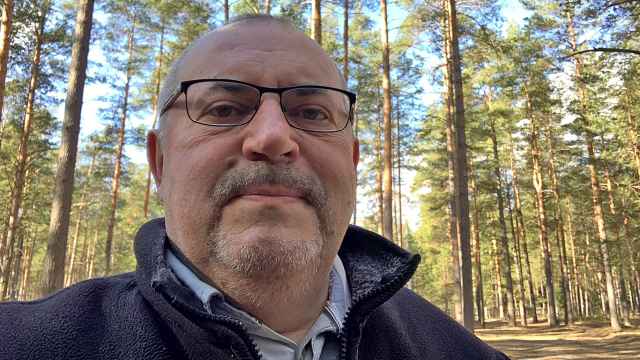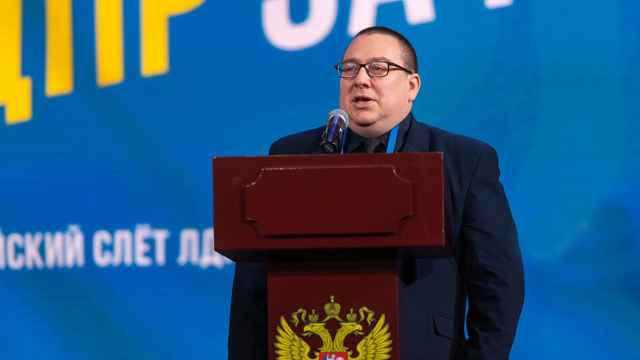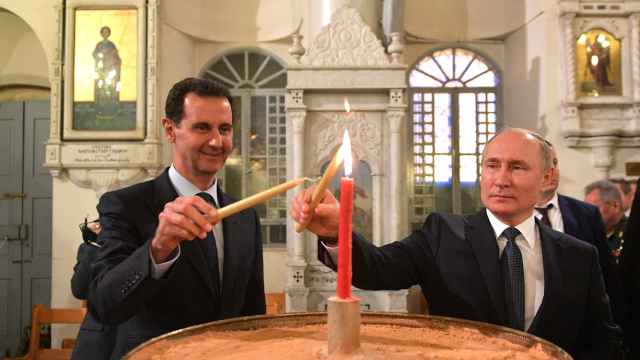The United States has no indication that Russia has decided to use nuclear, chemical or biological weapons in Ukraine, including a so-called "dirty bomb," a senior military official said Monday.
Moscow has repeatedly warned in recent days that Ukraine could employ a dirty bomb -- which spreads nuclear, chemical or biological material via conventional explosives -- sparking fears that Russia could use such a device and blame Kyiv.
"The Ukrainians are not building a dirty bomb, nor do we have indications that the Russians have made a decision to employ nuclear, chem, bio" weapons, the military official told journalists on condition of anonymity.
Asked if that assessment included dirty bombs, the official replied, "Yes."
Russian Defense Minister Sergei Shoigu has had a series of recent phone calls with counterparts from several NATO countries in which he said Kyiv was planning to use a dirty bomb.
On Monday, Russia's defense ministry said army chief Valery Gerasimov made the same allegation in a conversation with US General Mark Milley.
"During the conversation... the situation related to the possible use of a 'dirty bomb' by Ukraine was continued," the ministry said in a statement.
The U.S. military also confirmed the call, saying the two discussed "several security-related issues of concern and agreed to keep the lines of communication open."
The United States, Britain and France on Sunday jointly dismissed Russia's dirty bomb claims, and Ukrainian President Volodymyr Zelensky rejected the accusations as well.
"If Russia calls and says that Ukraine is allegedly preparing something, it means one thing: Russia has already prepared all this," Zelensky said in a video address.
Russia has suffered a series of military defeats in southern and eastern Ukraine, with observers of the conflict and Kyiv saying the Kremlin was becoming increasingly desperate.
A Message from The Moscow Times:
Dear readers,
We are facing unprecedented challenges. Russia's Prosecutor General's Office has designated The Moscow Times as an "undesirable" organization, criminalizing our work and putting our staff at risk of prosecution. This follows our earlier unjust labeling as a "foreign agent."
These actions are direct attempts to silence independent journalism in Russia. The authorities claim our work "discredits the decisions of the Russian leadership." We see things differently: we strive to provide accurate, unbiased reporting on Russia.
We, the journalists of The Moscow Times, refuse to be silenced. But to continue our work, we need your help.
Your support, no matter how small, makes a world of difference. If you can, please support us monthly starting from just $2. It's quick to set up, and every contribution makes a significant impact.
By supporting The Moscow Times, you're defending open, independent journalism in the face of repression. Thank you for standing with us.
Remind me later.






